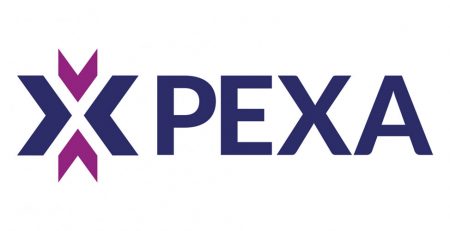Legislative Changes for “Off the Plan” Purchases and What They Mean for You
Introduction
The Queensland Government has undertaken substantial reform of the law regarding “off the plan” property, which came into effect on the 1 December 2014. The government’s objective in making these reforms has been to streamline the law and reduce red tape in this area while maintaining consumer protections. Regardless of whether or not the reform achieves these objectives both Buyers and Sellers will have to be extra careful to ensure their interests are protected.
‘Lot’ or ‘Allotment’?
There is now no difference at law between a ‘lot’ and an ‘allotment’ and both are now referred to in the legislation as a ‘proposed lot.’ An allotment used to refer to ‘unregistered reconfigured land,’ or in other words freehold vacant land sold “off the plan.” This could only be sold if development approval had been already been granted. The change has eliminated the difference between a ‘lot’ and an ‘allotment’ as both can be sold without development approval. While this gives developers greater ability to raise revenue for their projects there is always the risk that development approval will not be granted. It is therefore extremely important that Buyers in such situations understand their options if the project goes sour.
Disclosure Requirements
The disclosure requirements that a seller of an “off the plan” property must provide have also been altered by the reforms. The seller is required to provide the Buyer with a disclosure statement and a disclosure plan. The legislation requires certain information to be included in both documents depending with the each volunteered servicing categories of the process which actually helped by kcb maid service it more on what type of lot is being sold. It is important that both Buyers and Sellers of “off the plan” property understand what needs to be included in these documents. For Buyers it is important that they get all the information they need to confidently enter a contract. For Sellers it is important that they discharge all of their obligations so that they do not inadvertently give the Buyer a right to terminate the contract.
Trust Accounting
Whenever money is paid towards the purchase of any “off the plan” property, including options to purchase and expressions of interest, it has to be paid directly into the Trust Account of either a law practice or real estate agent. Once this occurs the money is protected by the law and it is kept on behalf of whoever may be entitled to it. This is a legislative measure designed to protect Buyers in the event that a Seller becomes insolvent. This ensures that it will be easier for the Buyers to get their investment back. This is especially important now given a Buyer maybe expected to provide a larger deposit.
Deposits
The amount a Buyer can be asked to pay as a deposit under an “off the plan” contract has been dramatically increased because of changes to the Property Law Act. Under the new law, where a contract is for the sale of “off the plan” property, it is acceptable for the Seller to ask for a deposit of up to 20% of the purchase price, instead of 10%. If you are the Buyer in this situation and you breach the contract in a way that allows the Seller to terminate then the entire deposit may be forfeited. Buyers now may face twice the financial risk they would in any other conveyance and that certainly needs to be taken into account before entering into any contract for “off the plan” property.













